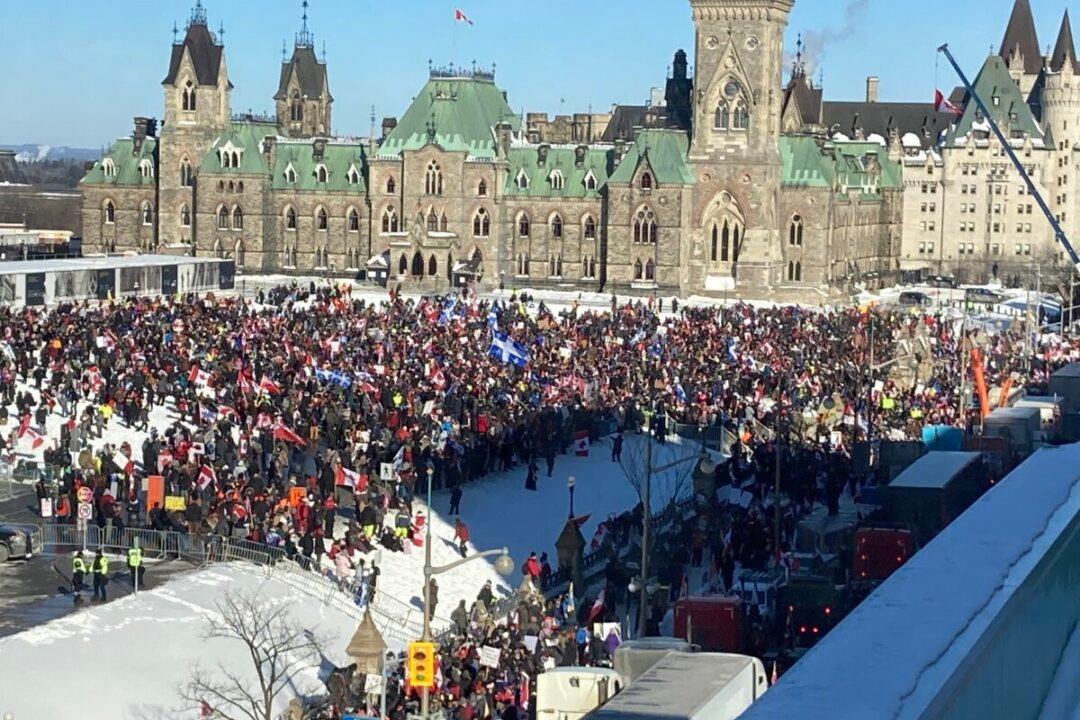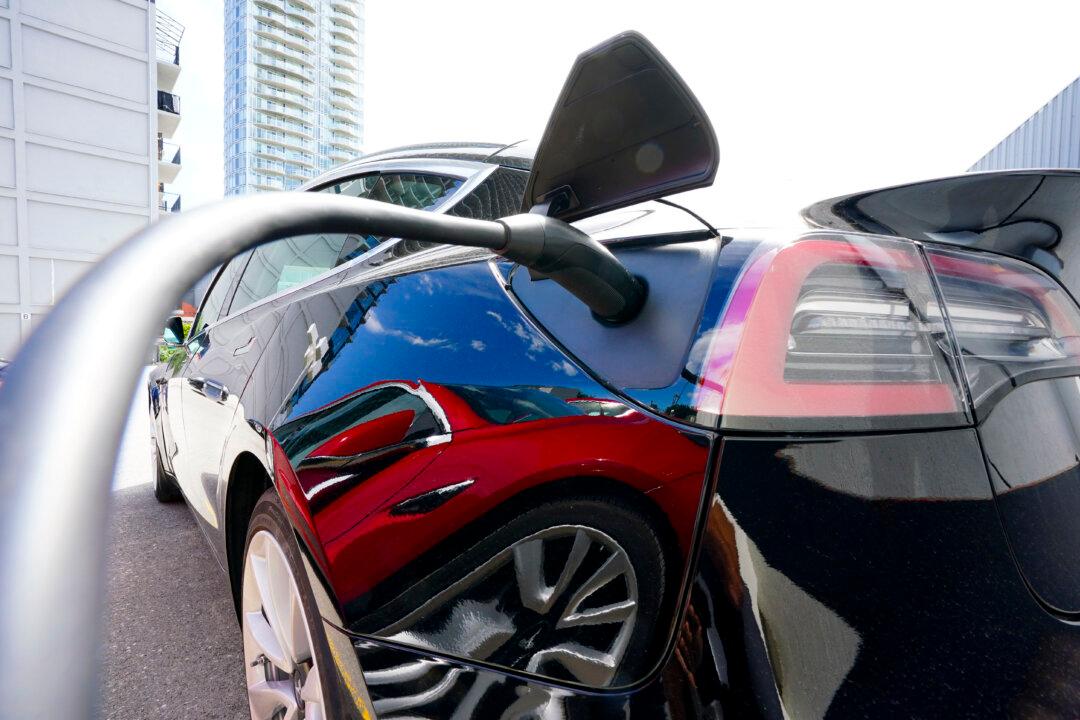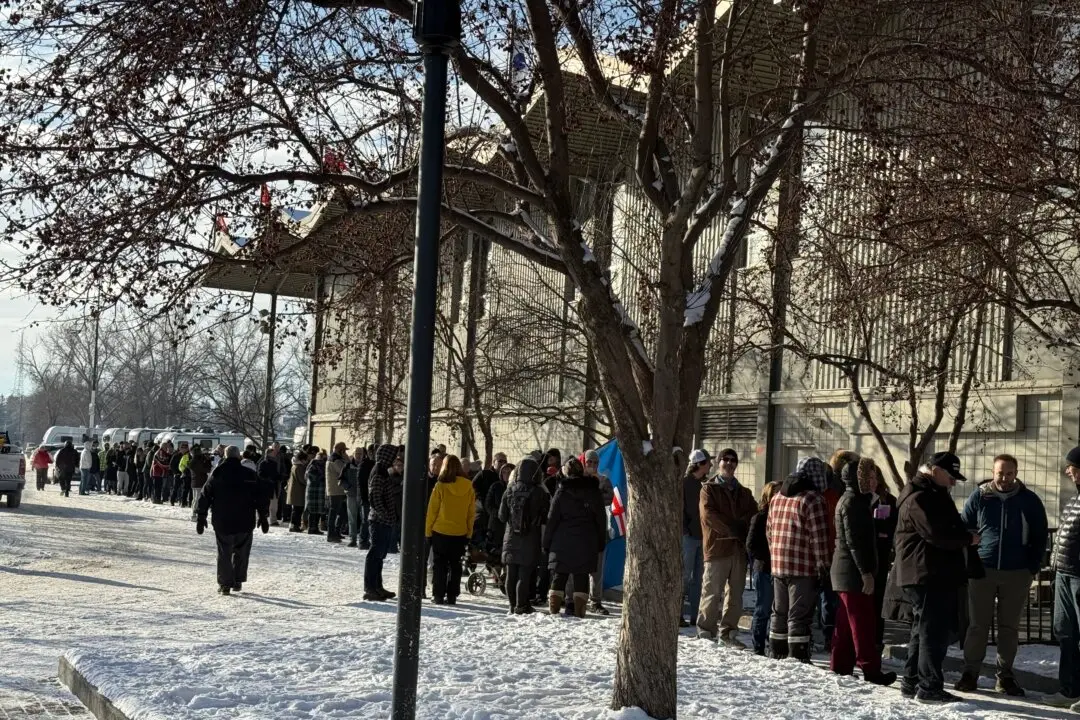Commentary
People were aghast at the behaviour of a small group of protesters who recently surrounded NDP leader Jagmeet Singh at a Peterborough, Ontario, provincial election campaign event. The protesters were intimidating and pressing as they shouted a string of obscenities at Singh and followed him to a waiting van. Few rational people condone that kind of behaviour, and it was roundly condemned by people on all sides of the political spectrum.





